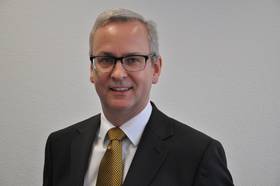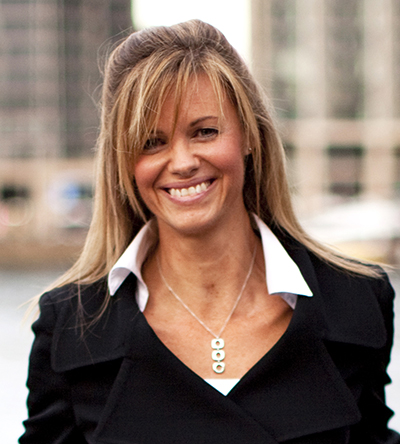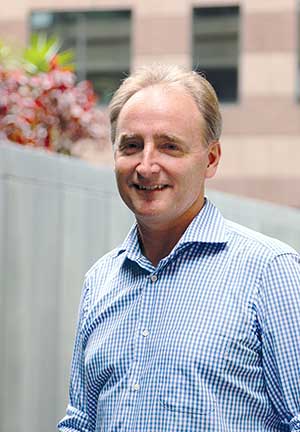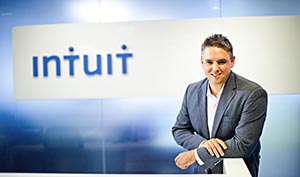ATO's bitcoin rules to drive tax evasion?
EXTRA >>
TAXPAYERS Australia has praised the Australian Taxation Office (ATO) for delivering delivered guidance on the tax treatment of bitcoin on August 20, but criticised that it came too little late for people with crypto-currency taxation issues who have already completed their 2013-14 returns.
The ATO has defined bitcoin as an ‘intangible asset’ rather than money or a foreign currency. The ATO has rejected the financial sector’s calls for it to be categorised as a currency. 
Under the ATOs guidance, bitcoin transactions are to be treated like barter transactions with similar tax consequences. There are 13 million bitcoins in circulation around the globe, with a market value of $US6.4 billion. Around 7 percent of bitcoins in circulation are believed to be held by Australians.
While individuals will generally see no income tax or GST implications should they pay for goods or services using bitcoin, or if it is held as an investment, the same is not true for business entities.
Companies that trade in bitcoins or use the digital currency for payments will be required to pay GST on these transactions from the 2015 income year. The tricky area is the treatment of bitcoin as a form of property, so capital gains tax rules apply and there may be fringe benefit tax consequences for businesses using bitcoin to pay employee salaries.
“The potential double tax which might arise appears to put businesses that use bitcoin at a competitive disadvantage, and we have reservations about how sustainable that position is over the longer term — international trends are moving in favour of digital currencies, whether bitcoin or other similar products,” Taxpayers Australia head of tax, Mark Chapman said.
“In regard to CGT on bitcoin transactions when held in individual hands for personal use or consumption, any capital gain or loss on disposal will be disregarded (as a personal use asset) provided the value of the bitcoins is $10,000 or less. However individuals who use bitcoin as an investment may be subject to CGT rules when they dispose of it, as they would for shares of similar assets.
“The major risk with this new guidance is that it will provide an incentive for tax evasion”, Mr Chapman said. “Digital currencies aren’t going away and the complex and counter-intuitive way these rules seek to tax bitcoin may foster a culture of non-disclosure amongst the users of digital currencies.
“Worse still, the concern is that these pronouncements may drive the underground use of the currency, with taxpayers using offshore virtual private network (VPN) connections to acquire the currency. There’s also the risk that our rules end up being overtaken by the more enlightened attitudes adopted in other jurisdictions like the UK, which could hit our ability to be seen as a leader in the digital economy.”
The ATO draft ruling was made as more companies accept bitcoin as a valid form of payment and individuals buy goods globally using the currency. Bitcoin has soared in value to more than $US1,000 a unit from less than $US1 two years ago.
ends

 How to resolve AdBlock issue?
How to resolve AdBlock issue? 


 GETTING ORGANISED now for tax time will give small business owners peace of mind and confidence later, recommends Intuit Inc. Asia Pacific vice president and managing director Brad Paterson.
GETTING ORGANISED now for tax time will give small business owners peace of mind and confidence later, recommends Intuit Inc. Asia Pacific vice president and managing director Brad Paterson. MANY businesses undertaking research and development (R&D) are missing out on helpful 45 percent refundable tax offsets through simple errors in record keeping.
MANY businesses undertaking research and development (R&D) are missing out on helpful 45 percent refundable tax offsets through simple errors in record keeping. 